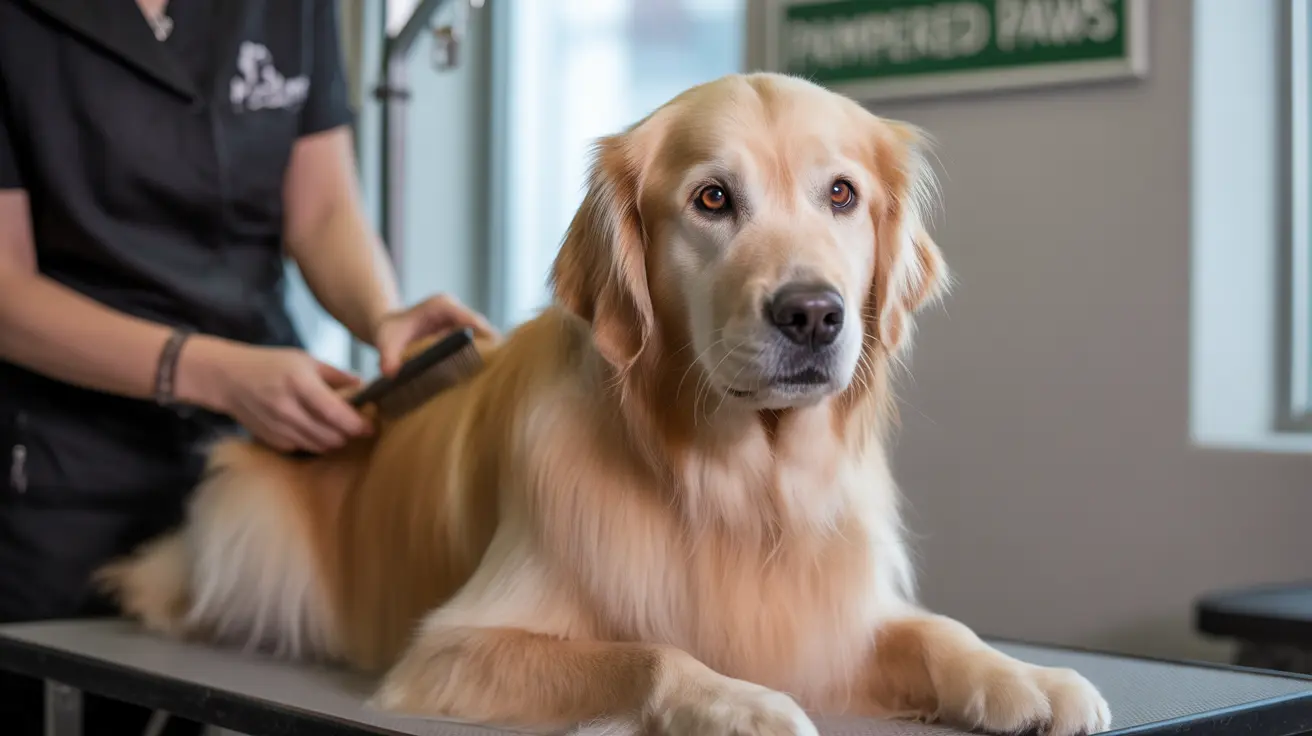Doodle dogs have taken the pet world by storm, becoming one of the most sought-after designer dog breeds in recent years. These lovable crosses between Poodles and other purebred dogs combine intelligence, adaptability, and often low-shedding coats, making them perfect companions for many families.
In this comprehensive guide, we'll explore the fascinating world of doodle dogs, from popular breeds to care requirements, helping you understand why these designer dogs have captured hearts worldwide.
Popular Doodle Dog Breeds
Large Doodle Varieties
Goldendoodles lead the pack in popularity, combining the Golden Retriever's friendly nature with the Poodle's intelligence. These gentle giants typically weigh 50-90 pounds and showcase a variety of coat colors, from cream to red to black.
Labradoodles, another beloved large doodle variety, inherit the Labrador's devotion and the Poodle's smarts. Their athletic build and trainable nature make them excellent family companions and service dogs.
Medium-Sized Doodle Breeds
Aussiedoodles blend the Australian Shepherd's herding instincts with Poodle intelligence, creating energetic and clever companions. Their distinctive merle patterns and striking eye colors make them particularly appealing to many dog lovers.
Bernedoodles combine the gentle nature of Bernese Mountain Dogs with Poodle intelligence, resulting in loving family pets with beautiful tri-colored coats.
Small Doodle Varieties
Maltipoos and Yorkipoos represent the smaller end of the doodle spectrum, perfect for apartment living. These compact companions typically weigh under 20 pounds but pack all the charm and intelligence of their larger cousins.
Essential Doodle Dog Care
Grooming Requirements
Doodle dogs typically require significant grooming attention due to their unique coat types. Most need professional grooming every 6-8 weeks and regular home brushing to prevent matting.
Their coats can vary from wavy to tightly curled, with each type requiring specific grooming techniques and tools.
Exercise and Training
Most doodle dogs are highly intelligent and energetic, requiring both physical exercise and mental stimulation. Daily walks, interactive play sessions, and training activities help maintain their physical and mental well-being.
Health Considerations
While generally healthy, doodle dogs can inherit health concerns from both parent breeds. Regular veterinary check-ups and preventive care are essential for maintaining their health.
Frequently Asked Questions
How do I care for my doodle dog's coat to prevent matting and tangling?
Brush your doodle dog's coat 3-4 times weekly using a slicker brush and metal comb. Focus on areas prone to matting like behind the ears, under the collar, and around the legs. Regular professional grooming every 6-8 weeks helps maintain coat health.
What are the most common health issues in doodle dogs, and how can I prevent them?
Common health issues include hip dysplasia, eye problems, and skin conditions. Prevention includes regular vet check-ups, maintaining a healthy weight, proper nutrition, and genetic testing when possible.
How often should I groom my doodle dog to maintain their appearance and health?
Daily brushing is ideal, but at minimum 3-4 times weekly. Professional grooming is recommended every 6-8 weeks, with more frequent visits during seasonal changes or if your dog has a particularly thick coat.
Can all doodle dog breeds be considered hypoallergenic, and why not?
While doodle dogs are often marketed as hypoallergenic, no dog is truly 100% allergen-free. The degree of hypoallergenic qualities varies based on the individual dog's coat type and the percentage of Poodle genetics.
How can I train a doodle dog effectively, given their intelligence and potential stubbornness?
Use positive reinforcement techniques, keep training sessions short and engaging, and start early socialization. Their intelligence makes them quick learners, but consistency and patience are key to successful training.
Remember that each doodle dog is unique, combining traits from both parent breeds in different ways. Understanding your specific dog's needs and characteristics is crucial for providing the best care and building a strong bond with your furry friend.






